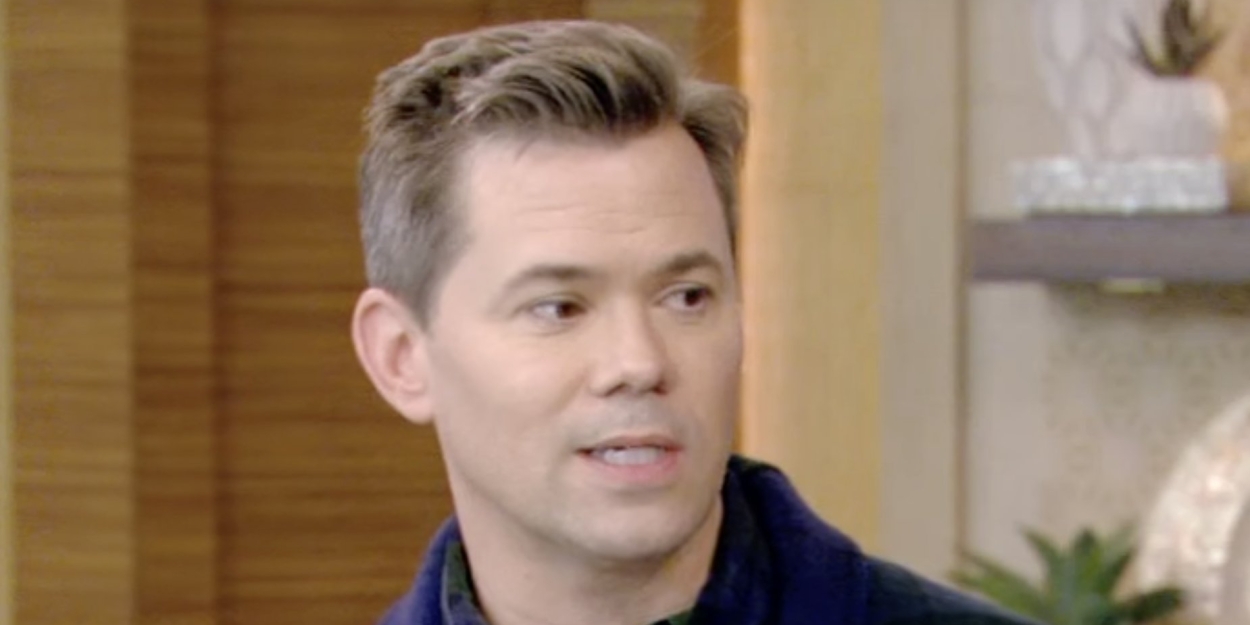Due to the economic sanctions imposed by it ECOWASand cutting financial subsidies from international partners, was put in place Niger A general budget for the year 2024 characterized by austerity and rationalization of expenditures to overcome the economic crisis caused by the coup of July 26, 2023.
The new financial budget law – approved by the ruling military council – was based on local resources and without foreign aid. It is the first time in the country’s history that the general budget is not supported by international partners and donors, after it had received 40% of its budget through aid.
Enormous resources
Niger has many diverse resources that enable it to be self-sufficient, as it monopolizes 5% of the global uranium market, and possesses the sixth largest reserve in the world.
It is considered the first supplier in the European Union UraniumIt exports a quarter of the bloc’s energy production needs.
Niger supplies its former colony, France, with 35% of its nuclear energy needs, and its uranium wealth represents 75% of French electrical energy.
In 2021, its gold exports amounted to $2.7 billion, and it also owns iron, tin, and phosphate mines.
Since 2011, Niger has been producing 20,000 barrels of oil per day after it signed a contract with the Chinese Oil Company to exploit the “Agadem” field located in the Diffa region in the southeast of the country, near the border with Nigeria.
In September 2019, the Chinese company signed a contract with the government to build pipelines to connect the Agadim field to the port of Benin to increase oil production and export it abroad.
In the first quarter of 2024, Niger will begin producing 90,000 barrels of oil per day, and will export most of it to global markets because the country’s need for it does not exceed 7,000 barrels per day.
In addition to its diverse natural resources, Niger has huge livestock and agricultural wealth, as the livestock sector represents about 13% of the gross domestic product, and 80% of the population depends on agriculture.
Ambitious budget
Relying on multiple wealth, the military government this year approved the general budget law, which was drawn up based on internal resources.
The budget in 2024 amounted to about 2,653 billion CFA francs (4.04 billion euros) and included a set of measures to support the private sector, tax exemptions, and social spending, to support citizens’ abilities to access necessary consumer goods.
Estimates of the new budget decreased by 18% compared to the 2023 budget, which reached 3,245 billion CFA francs (4.9 billion euros).
The 2023 budget witnessed an amendment that reduced it by 40%, after sanctions were imposed on Niamey as a result of the military coup.
In the 2024 budget, investments from state resources rose to 476 billion CFA francs (727 million euros), compared to the previous budget, in which investment did not exceed 257 billion.
Regarding social spending, the areas of economic and social development deduct 57% of the 2024 budget, in order to alleviate the suffering of residents suffering from extreme poverty.
Hard steadfastness
Economist Dr. Abdullah Ould Aouah, former advisor to the Mauritanian Minister of Economy, believes that Niger’s economy suffers from the problem of monetary connection to Paris, as it is located among the countries that adopt the African franc currency, which is minted in France.
Countries linked to the single African currency are committed to keeping 85% of their hard currency reserves at the French Central Bank.
During the past years, Niger has continued to receive budget support from international partners, as development aid reached about $2.1 billion, which constitutes 40% of the state’s general budget.
Ould Aouah adds – in his interview with Al Jazeera Net – that Niger, despite the monetary difficulties and the blockade, can withstand with difficulty if it follows the austerity approach and focuses on investment expenditures and economic and social development.
He believes that the experience of Mauritania in 1966 could be a model for Niger and other West African countries, as the (Mauritanian) President Mokhtar Ould Daddah at the time relied on a financial budget from local resources, and abandoned French support for the state budget, only to later withdraw from the African franc and issue a national currency. Then he nationalized the iron mining company, whose production was marketing Paris.
Niger can follow in the same footsteps and diversify its economic partners, especially since China, after breaking with France, has become the first economic partner, and is unique in extracting oil from the Agadim field, whose production will reach 90 thousand barrels of oil per day at the beginning of this year.
Challenges
Despite the diversity of its national resources, and its export of a lot of valuable wealth to multiple countries, Niger ranks seventh globally among the poorest countries in the world, as 10 million of its population – whose general population reached 25 million people – are in extreme poverty.
In addition to poverty, population fragility, and economic sanctions imposed by ECOWAS, Niamey suffers from security challenges that go beyond the national and local levels, to the regional and geographical level.
Due to the conflicts afflicting the African Sahel countries, Niger is suffering from refugee flows from Mali, Burkina Faso and Chad, where last year it received 255,000 refugees.
The ruling military council is counting on the results of the comprehensive national dialogue whose activities began recently between the political forces, and it is expected that its results will reflect positively on the political scene and contribute to the lifting of sanctions related to trade exchange and economic movement with neighboring countries.





